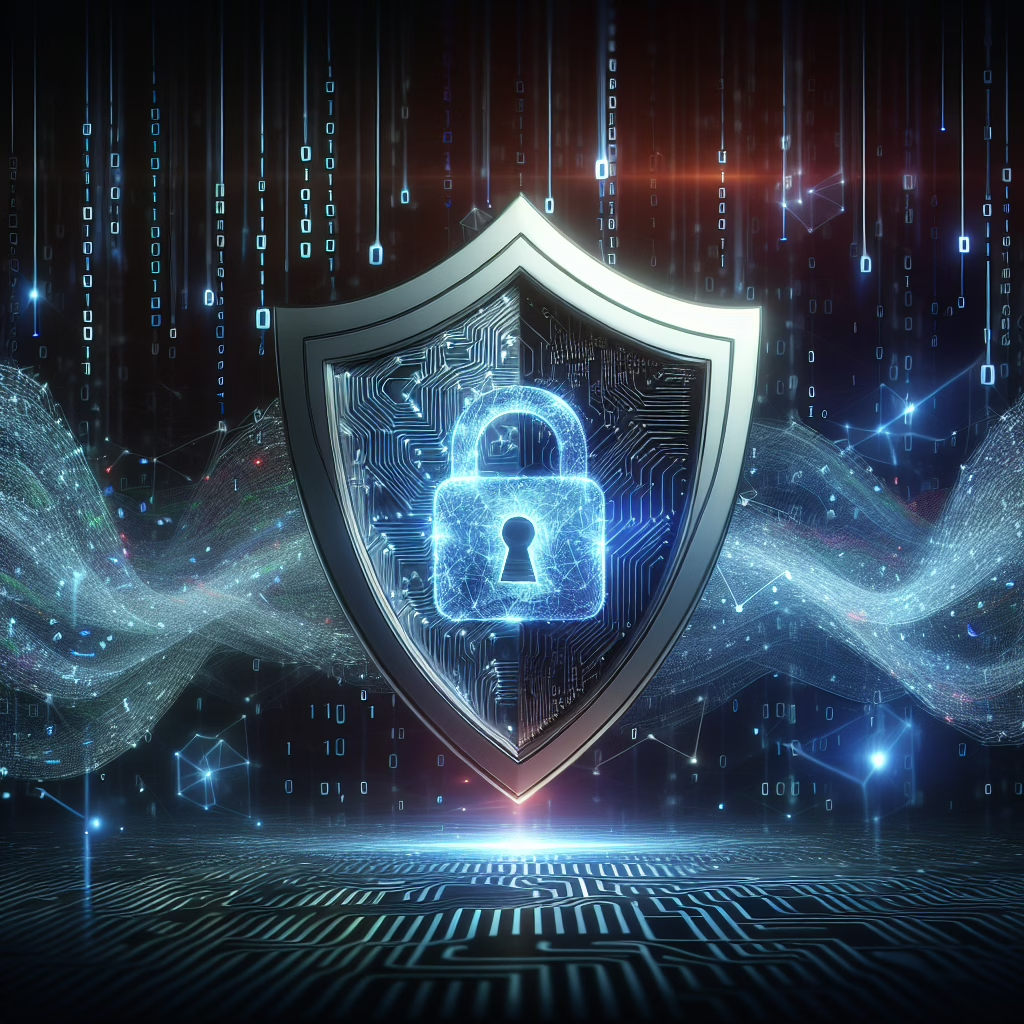In a world where digital threats loom larger than ever, the recent claims by the Iranian government about a thwarted cyberattack against national infrastructure have stirred quite a buzz. Imagine this: cyber ninjas from afar attempting to infiltrate critical systems, only to be stopped in their tracks by valiant defenders. It sounds like the plot of a blockbuster movie, but it’s our reality!
The Cybersecurity Showdown
According to reports, Iran alleged that its attempts to breach various national infrastructures were foiled by proactive cybersecurity measures. Now, before you start picturing a scene straight out of Mission Impossible, let’s take a closer look at what this means for cybersecurity today.
In essence, this incident underscores the crucial role that robust cybersecurity plays in safeguarding not just individual entities but entire nations. As we dive deeper into the intricacies of cybersecurity, it’s essential to understand that these digital skirmishes are not merely about defense—they’re about resilience and adaptability in an increasingly interconnected world.
Understanding Cyber Threats
Cyber threats come in many forms. From phishing scams that trick unsuspecting employees into giving away sensitive information to sophisticated malware designed to cripple systems, the landscape is vast and ever-evolving. The Iranian government claims its hackers were targeting essential services—think power grids and water treatment facilities—areas that should ideally be as secure as Fort Knox!
While it’s easy to chuckle at the thought of hackers lurking in shadows, the reality is far more serious. According to cybersecurity experts, incidents like these remind us that even the most fortified systems can be vulnerable. The key takeaway? Staying informed and prepared is our best line of defense.
What Can We Learn from This Incident?
First and foremost, we learn that cybersecurity must be prioritized across all sectors. Organizations, big and small, need to invest in robust security measures. This includes:
- Regular audits to identify vulnerabilities.
- Employee training on recognizing phishing attempts.
- Implementing multi-factor authentication—a fancy term for making sure your password isn’t “123456”!
Furthermore, governments worldwide must collaborate more effectively to share intelligence about emerging threats. In this interconnected age, one nation’s vulnerability can easily become another’s headache. It’s like that old saying: “When one door closes, another one opens… unless it’s a door you forgot to lock!”
The Role of Technology in Cyber Defense
As technology evolves, so do the methods used by cybercriminals. Yet, on the bright side, technological advancements also provide new tools for defense. Artificial intelligence (AI) and machine learning are becoming integral for detecting anomalies and responding to threats faster than a cat meme goes viral.
In fact, some organizations are employing AI-driven security solutions that can analyze patterns and predict potential breaches before they occur. Talk about being one step ahead! With tools like these at our disposal, we can bolster our defenses while keeping an eye out for those pesky cyber intruders.
The Human Element
No matter how advanced our technology becomes, human vigilance remains paramount. After all, machines can’t entirely replace good old-fashioned common sense! Educating employees about cybersecurity best practices is essential—because let’s face it; no one wants to be that person who accidentally opens a suspicious email claiming they’ve won an all-expenses-paid trip to Mars.
This incident serves as a reminder that everyone has a role in protecting national infrastructure. Helping shield our society from escalating cyber threats is a collective responsibility, so whether you’re an IT professional or just someone who uses the internet (which is basically everyone), staying informed and cautious can help keep cyber threats at bay. This recent example of the Iranian cyberattack highlights this very necessity.
A Bright Future for Cybersecurity?
As we navigate through 2025 and beyond, let’s focus on fostering a culture of security awareness across all levels of society. By prioritizing cybersecurity and investing in education and technology, we can build resilience against digital mischief that comes our way.
So next time you hear about a thwarted cyberattack—like this recent Iranian escapade—remember: it’s not just another day in cyberspace; it’s an opportunity for growth and improvement in our collective defense strategies!
If you have thoughts on how we can further strengthen our defenses against cyber threats or any experiences to share regarding cybersecurity practices, feel free to chime in below!
And a special shoutout to TechRadar for providing valuable insights into this topic—thank you for shedding light on such crucial issues!

